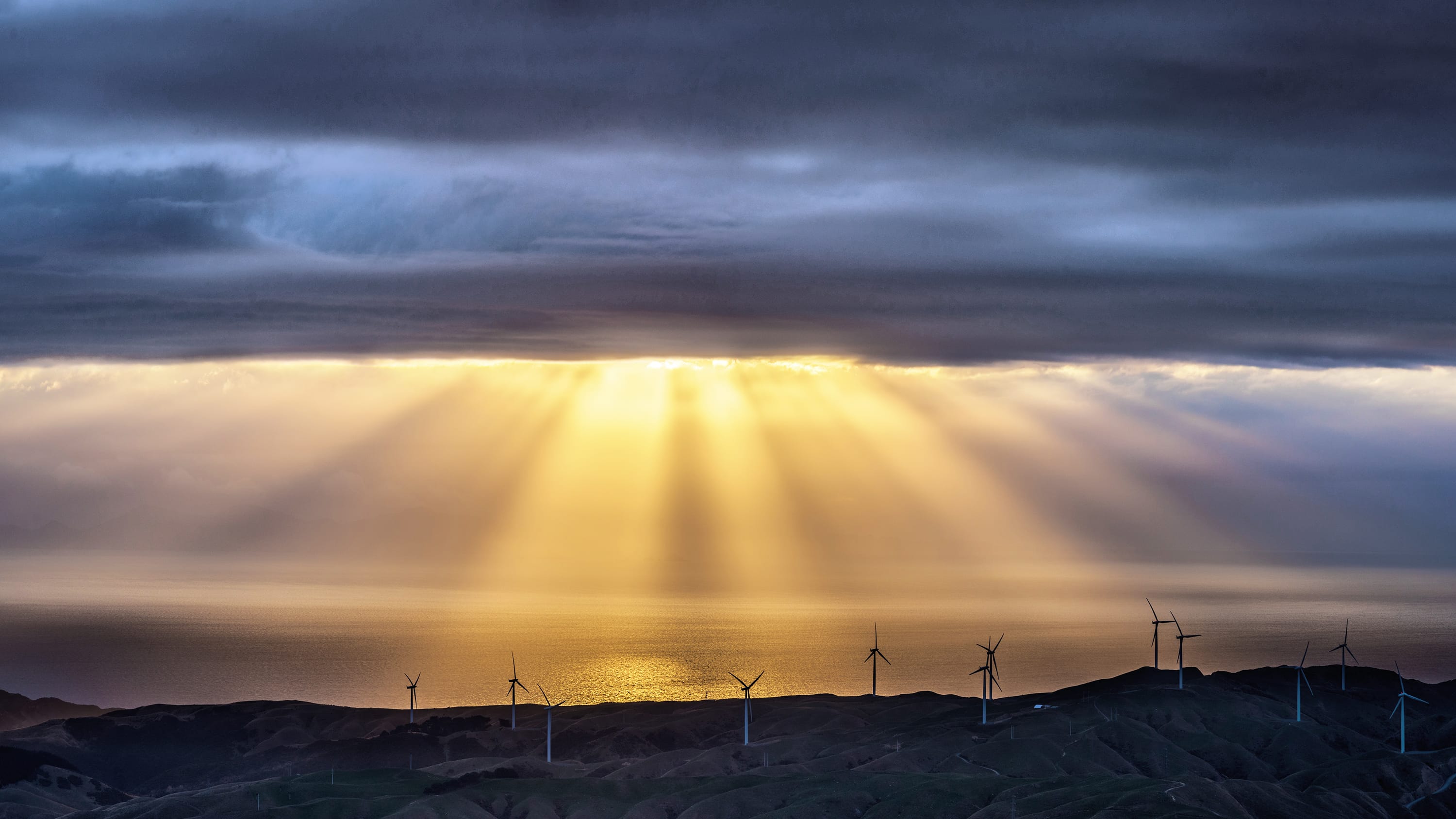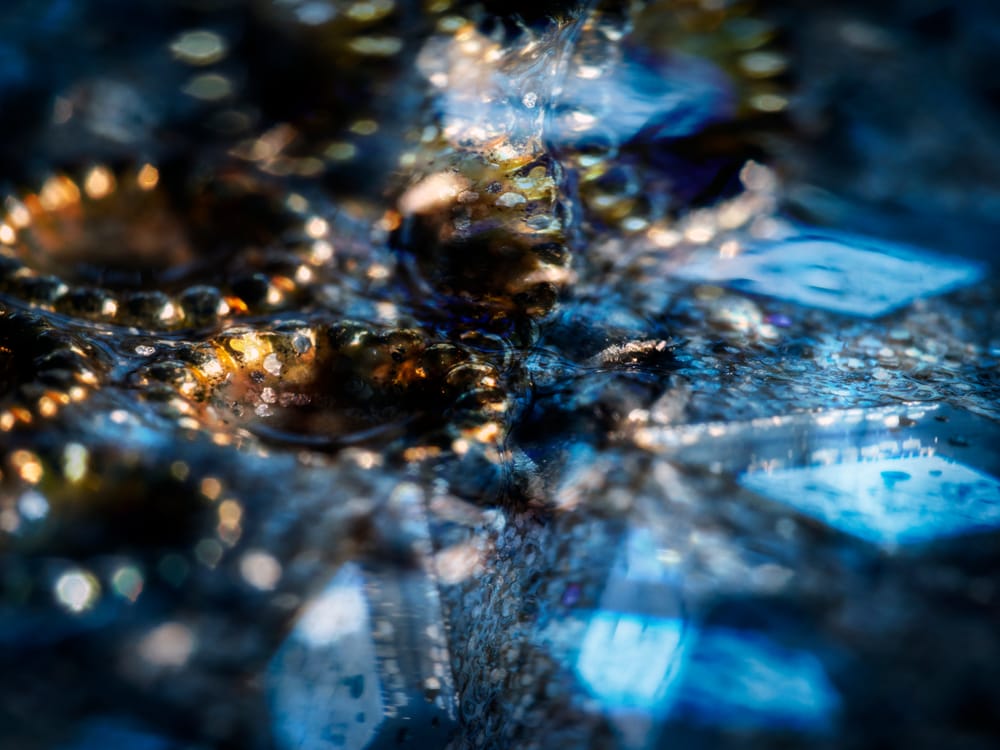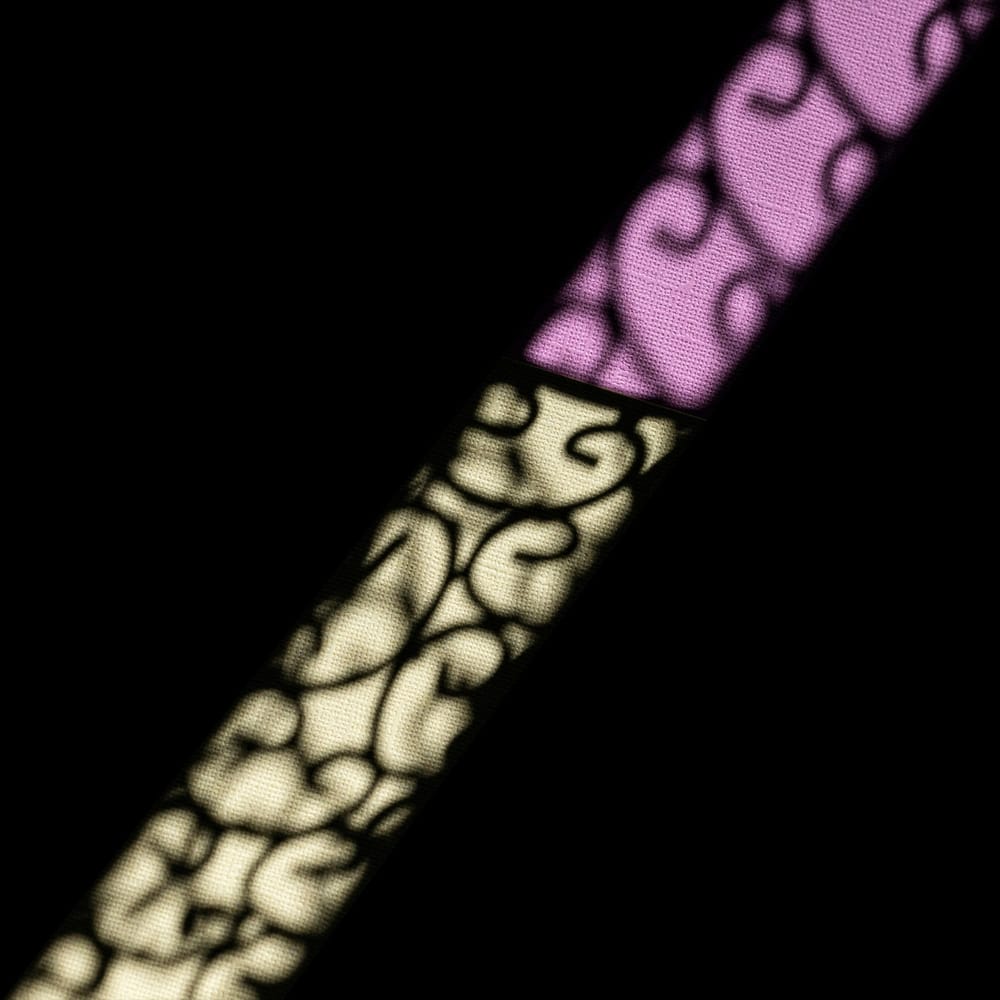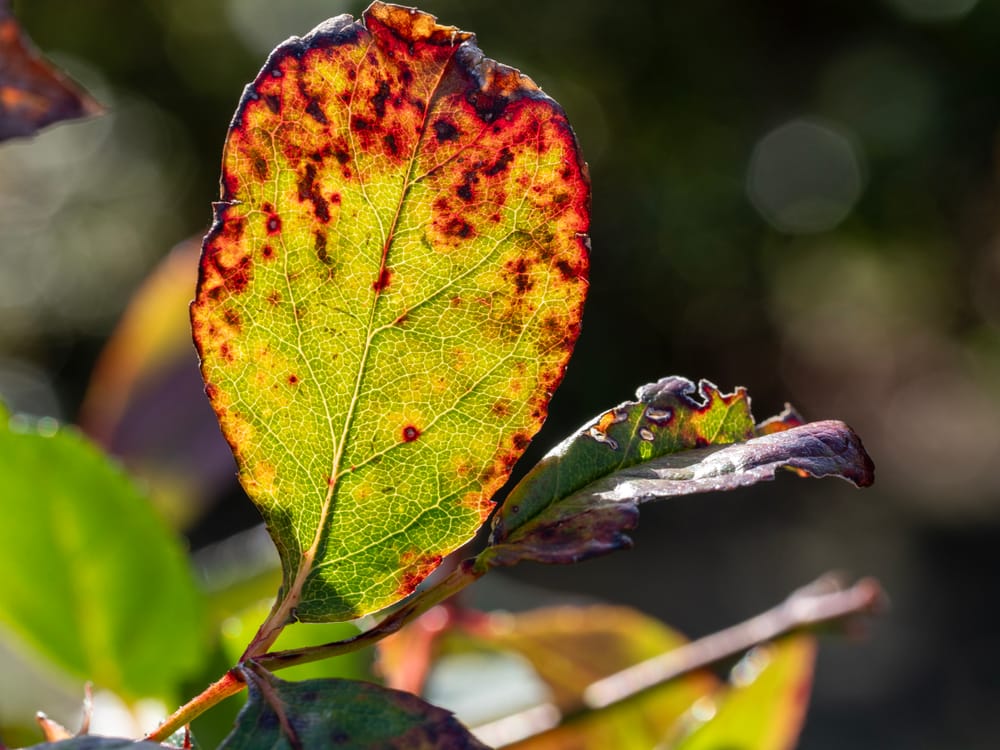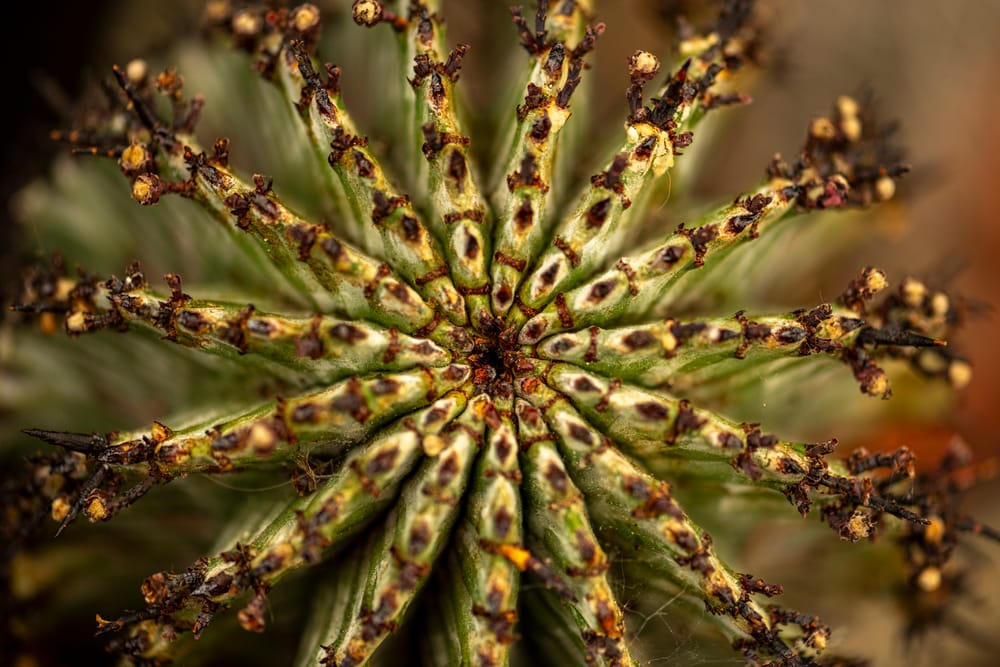With roughly every other article online claiming it’s now an AI-driven world, every new product boasting AI integration to be considered ‘cool’, and Meta rolling out AI across all their platforms without user consent, it's made us rethink the reality of photography.
Since our last article about AI, a lot has changed, so it's only fair we ponder on what we can expect in the industry over the next ten years. It's worth noting that when we talk about AI, we're considering it as a broader concept - not just something generated by artificial intelligence on the computer, but also images captured by machines without the involvement of a photographer, even if it's an image of a real place.

Why photography?
It's important to differentiate between the types of photography we have now in terms of how we take and use photographs.
Enjoyment
Firstly, we do it for ourselves – we simply enjoy the creative side of it, finding our flow, using it as a nice distraction from everyday chaos, and as a form of mindfulness and meditation.
Pro photography
Next, we have the professional photography market – photographers doing it as a full-time job, photographing weddings, sport, events, newborns, maternity, couples, headshots, and so on.
Stock photography
Then there's stock photography – taking photographs for specific needs that companies have – keyboards, handshakes, tourism spots, concept shots, and so on – these photographs are used by organisations and the result is what we see around us in billboards, websites, advertising, brochures. This is the most important and 'AI-prone' category – we may never see specific photos from someone’s wedding or someone’s personal photography portfolio, but we are surrounded by visuals used by others every day.
Print photography
There's also a category of professional photographers who take photographs and sell them as prints for people’s homes and offices, but this is more of a subcategory between the first two.
Now, let’s see if we can imagine AI-generated images replacing all of these categories?
AI growth
Over the last three years, technology has made colossal developments in the field of generative AI – a multitude of models and their variations have been developed or integrated. More models and apps and platforms are added daily. Getty Images reports that more than 42% of all SMEs and SMBs are already using AI-generated content to support their marketing efforts.
We've prepared a visual timeline of how the growth of AI image-generating platforms unfolded (below).


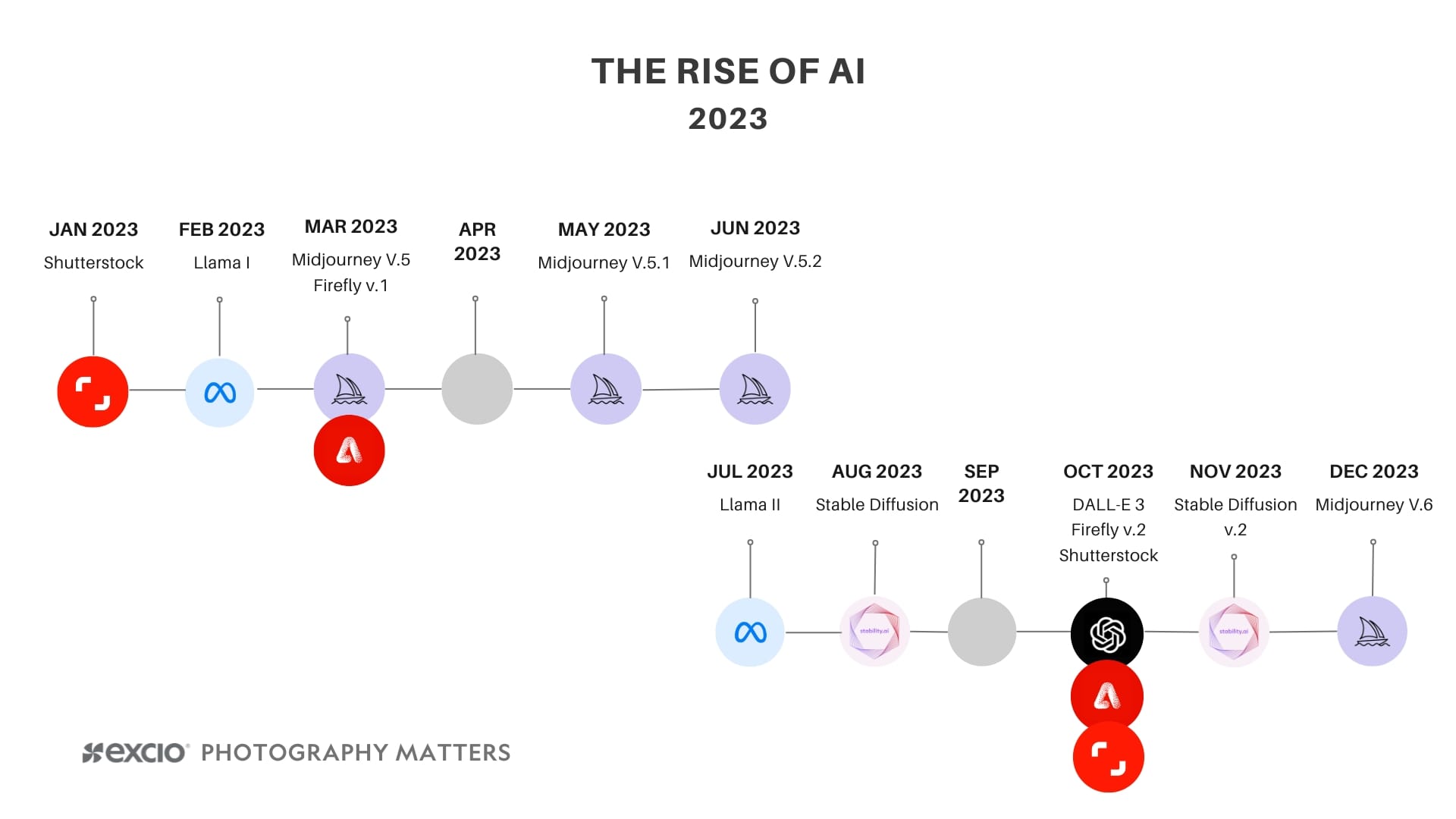
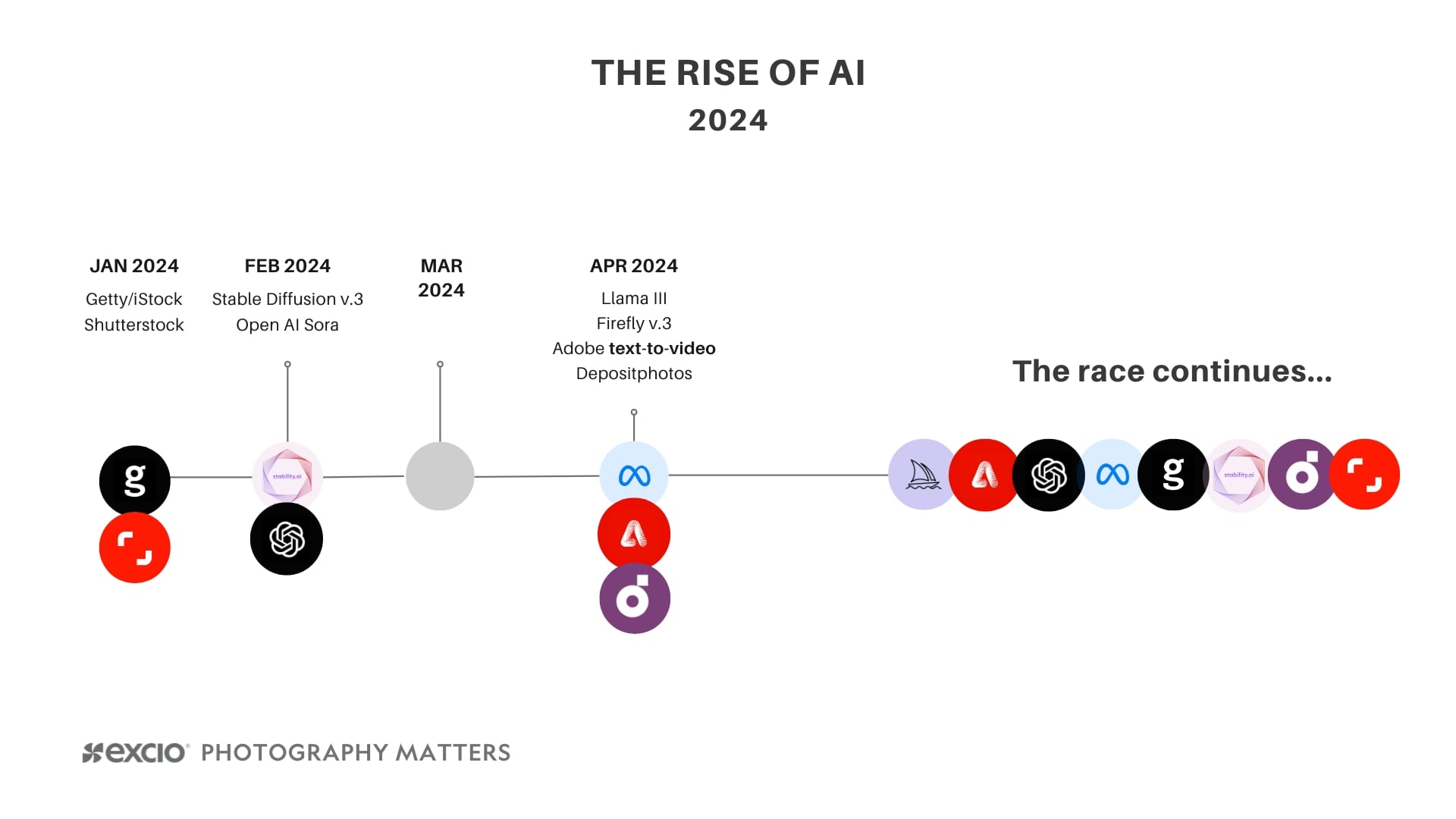
There's no turning back. Legislation is also not going to stop the development of AI. Now, when you open your phone, whether it’s to send a message to your friend or create a post on social media, AI is part of that – generating custom images, custom avatars. Generate, generate, generate.
The one thing we couldn’t see while working on this article and timeline – is where there is a place for real photography?

Now, keep in mind that the majority of these platforms and language models are used by companies and creative professionals to generate static visuals and in the near future – videos – that we see everywhere (our third category) – advertisements, articles, research, books, magazines, TV, and the list goes on. Effectively we are heading towards an artificial reality. So, we can safely assume that the ‘stock photography’ category will be replaced by AI in the next 5-10 years (if not sooner).
What about other categories?
Professional photography is on its way to be partially replaced by AI – headshots are already created with more and more people using AI apps.
Wedding, newborn, event, and other genres where a photographer's presence is necessary – not replaced yet (!), but we can easily imagine that in the next few years, you will be able to book an AI robot for your wedding at a fraction of the cost of a real photographer, and it will take hundreds of images from any angle and in any style.

What about travel photography? Companies developing AI can send ‘missions’ – 24/7 robots into any imaginable place on Earth that will be taking photographs and immediately uploading and sharing them. Or allowing you to connect to any camera anywhere at any point in time and take a ‘photo’ you want without traveling there. Will it still be your photo?
What lies ahead
So, what do we have left from our existing ways of taking and using photography?
As much as we love photography, we can predict with some degree of certainty that there will be no specific need for it. Or will there be?
Just like with art – when was the last time you hired an artist to paint you a portrait? You just take a photo and hang it on the wall. But there are lots of amazingly talented artists in the world who continue creating illustrations, paintings, art.
The one category that won't be affected by AI for as long as you wish – is doing photography for yourself and your own benefits. Taking photographs, sharing them with others – because when the world will be filled with AI imagery – whether fake or ‘generated on the spot’, the real authentic photographs will be priceless. Not thousands of stock copycat handshake shots, but real photography that evokes real feelings and captivates.
It’s our mission as photographers, and as a community – to continue doing photography for as long as we can, continue sharing the benefits of photography and advocate for the use of real photography in what we see around us.
The way forward is to look within ourselves – we, humans, will need photography.

